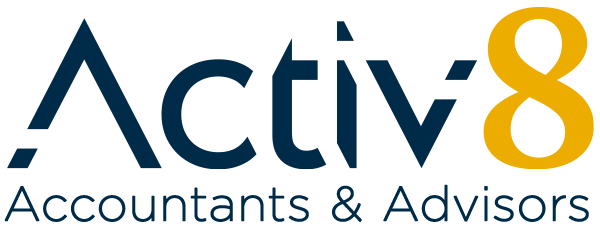When it comes to your money, goals and life situation, no two set of circumstances are the same. There’s always a lot to consider – you want to be sure you’re making the right choice.
*Remember the following information is general in nature, and doesn’t take your specific situation into account. Before diving into a Self Managed Super Fund, make sure you speak to a qualified Financial Advisor.
In terms of your superannuation, there’s a lot of future-focused thinking that comes into play. For a Self Managed Super Fund (or SMSF) there are pros and cons.
Here’s 3 reasons we think you should consider an SMSF for your super, and 3 reasons you should avoid it.
You’ll have greater control.
A traditional super fund will invest your money for you, they’ll likely do it in a very safe way in order to keep your money safe and your investment growing at a stable rate.
A self managed super fund allows you to direct your money into the investments of your choosing – for example, you could put your money into property, shares, term deposits and a range of alternative options depending on your personal risk tolerance (some of us are more conservative than others). With the right knowledge or guidance behind you, this flexibility can be extremely beneficial and could really enhance the superannuation you build for your later years & retirement.
There’s a good amount of flexibility.
Bendy like a pretzel. There is a great amount of flexibility when it comes to choosing how your superannuation allocates your investments. If you choose to have a self managed super, you can move where your money is invested as you see fit.
An SMSF also provides more flexibility when it comes to estate planning, giving you more control over how and when your superannuation benefits are distributed to beneficiaries upon death. They can also be structured to provide tax effective pensions to surviving dependants, making it a valuable tool for family wealth preservation.
It can save you some hard-earned cash.
For individuals with significant superannuation balances (often over $200,000 to $300,000), an SMSF can be more cost-effective than other superannuation funds. While SMSFs have fixed administrative costs, these can be spread over a larger balance, potentially reducing the per-member cost compared to retail or industry funds.
It can be a tax efficient choice.
Don’t want to pay any more tax than you need to? Neither do we.
Concessional Tax Treatment: Like other superannuation funds, SMSFs benefit from a concessional tax rate. The earnings on investments are taxed at a rate of 15% in the accumulation phase and can be tax-free in the pension phase.
Capital Gains Tax (CGT) Discounts: SMSFs can benefit from capital gains tax discounts on assets held for over 12 months, with a tax rate of 10% applying to those long-term gains.
Pension Phase Tax Advantages: If the SMSF moves into the pension phase (after retirement), the earnings on assets supporting a pension can be tax-free.
…and then there’s the cons.
where there is an upside, there’s usually a downside.
It can be time-consuming.
Time is money. A traditional superannuation fund will work away in the background and is not something you need to worry about in an ongoing fashion.
Managing a Self-Managed Super Fund (SMSF) can take up more time because, as a trustee, are responsible for all compliance, regulatory, and administrative tasks. This includes ensuring the fund complies with Australian Tax Office (ATO) regulations, handling annual audits, preparing financial reports, lodging tax returns, and maintaining detailed records of all investment decisions. You also need to stay informed about changes in superannuation laws and update your investment strategy and operations accordingly, which requires continuous monitoring and research. These tasks can be complex and require significant attention to detail to avoid penalties.
Bearing in mind, an accountant who specialises in SMSF management (*us*) can do all of the above mentioned management for you, making it vastly less complicated.
There is more risk involved.
Having your superannuation in an SMSF carries significant compliance risks, as you are personally responsible for ensuring the fund adheres to regulations set by the ATO. If you fail to comply with these rules, such as contribution limits, investment restrictions, or reporting deadlines, it can result in penalties, fines, or even the disqualification of the fund. The risk of making errors is higher because SMSF trustees need to stay updated on changing superannuation and tax laws, making it a bit of a challenge for anyone unfamiliar with the legal requirements.
With the benefit of making your own investment choices, that also comes with its own set of risks, especially if you’ve chosen something a bit more volatile. Obviously with a high risk investment, the reward can be huge, but the chances of it going poorly are there and that can and will affect your retirement savings if it doesn’t perform as you’d hoped.
An SMSF can be costly to set up and manage.
When you’re re-inventing the superannuation wheel, so to speak, you don’t want to get lost in a web of self sabotage. If you want to have that self managed super fund done in the most effective and tax efficient way, you’ll need to pay a professional to help you – and unfortunately, accountants are not working for free (bummer, I know).
When engaging an accountant, you want to make sure you have the right kind of person in your corner so you don’t get ripped off. You need to trust them implicitly or there’s potential that you’ll feel like you’re getting lead down the garden path.
Having a Self Managed Superannuation Fund can be a fantastic choice, and we love partnering with driven and ambitious business owners, to package up their business needs along with their SMSF.





